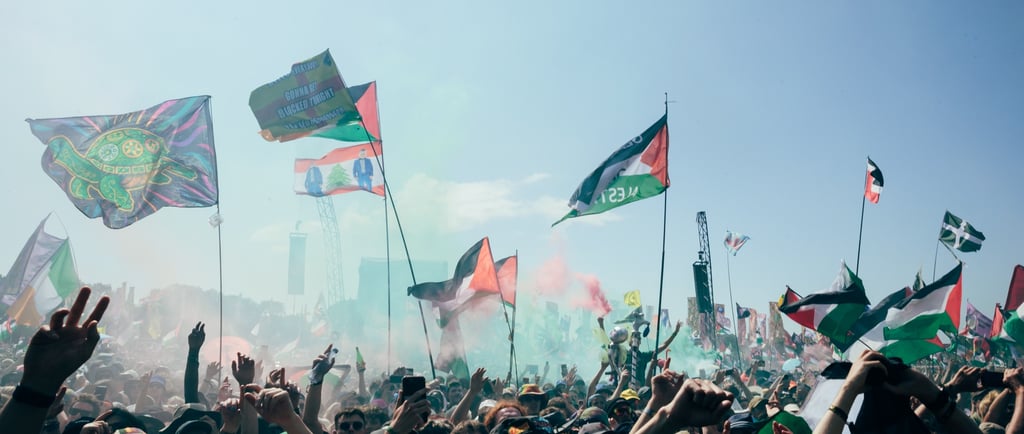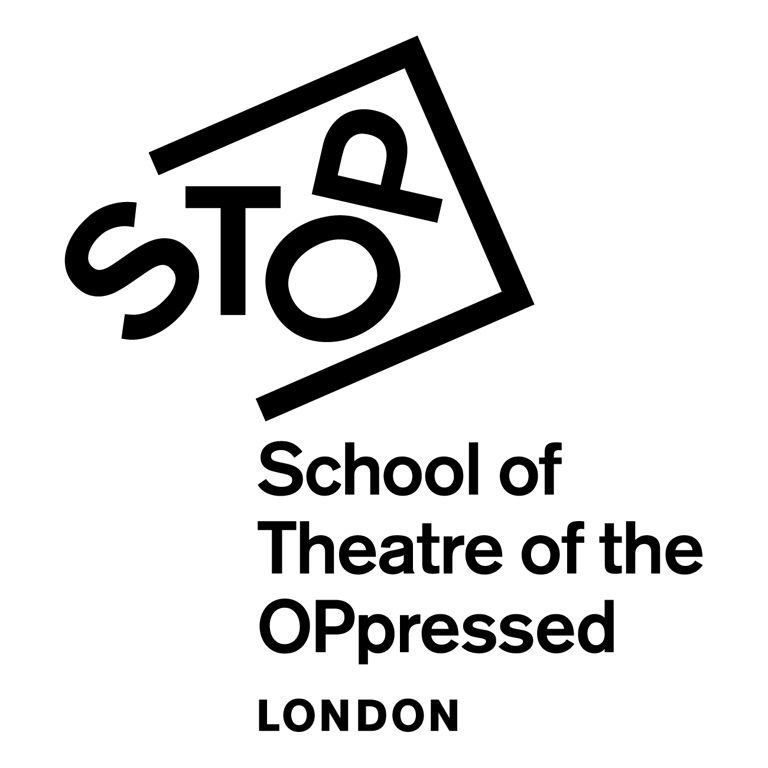Check out our new courses for 2026!
Theatre of the Oppressed, Giants and Villains
Adrian Jackson debates the use of cultural capital to impact and influence others in times of intractable conflict. Does theatre have any kind of role to play at this distance, given the enormity of the daily suffering of people in Gaza?
Adrian Jackson
7/15/2025


The Theatre of the Oppressed can be used with many ends in mind, the constants being a sympathy with the oppressed (Boal prefers the word empathy) and the desire to deepen our understanding. Its most-practised mode, Forum Theatre, ostensibly seeks solutions to an issue, but often it is as much about process as product, (the product being the answer to the question What can we do to make this better?). As I am sure is the case for many others, I have been much preoccupied these past months with what is happening in Gaza. Anyone who has ever done a course with me will know that I greatly admire an organisation based in Tel Aviv called Combatants for Peace, which uses lots of TO in its work, though it is also involved in solidarity actions and campaigning of all kinds. It is co-led and populated by people who have been involved in acts of violence against the other. I think it is one of the few Palestinian-Israeli organisations that manages meaningfully to straddle that divide. Please have a look at their website and think about supporting them. Through this difficult and dispiriting time, they have not stopped challenging the violence on their doorstep, which must take such resilience.
As a distant and often helpless witness, I am trying to make some work (not necessarily TO-based) with a friend around Palestine/Israel, and I am keen to know what people have seen lately that manages to say anything useful about that topic. Does theatre have any kind of role to play at this distance, given the enormity of the daily suffering of people in that part of the world? I think I am not alone in feeling impotent in the face of the apparently intractable conflict, at the same time as feeling a dereliction of duty in limiting my actions to demonstrations or boycotts or letter-writing or fundraising. What small step can a privileged outsider in a safe country do or say that will make the slightest difference?
Hoping for clues, I went to see Giant last night, the play by Mark Rosenberg about the self-proclaimed anti-semite Roald Dahl. The production is superb, with John Lithgow at its centre embodying the impossible awfulness of the children’s author, a pantomime villain capturing the possibility of being a great artist and humanitarian at the same time as a dyed-in-the wool antisemite. Minor spoiler alert: it deals grippingly with a moment in Dahl’s life when he wrote an article praising a very pro-Palestinian book and railing against the Israeli actions in Lebanon at the time (1982); unfortunately the power of his well-founded outrage was weakened by his conflation of Jews and Israelis, his repeated blaming of ‘the race’ revealing a deep-seated visceral race-hatred (perhaps all race-hatreds are visceral?). His publisher is seeking a statement of ‘clarification’. I will spoil no more.
This play is about many things - Dahl, racism, England, cancellation, business, the question of the separation of an artist from their work etc – it is not actually about Palestine or Israel. Reading some online reviews afterwards, the divisions the play explores spill out easily onto the internet; the first ‘review’ I read was disappointingly obsessed with the number of Jews involved in the production. So it goes.
A week ago, for the first time in 40 years I was at Glastonbury, which was awash with Kefiyahs and Palestinian flags. I caught the end of Kneecap, but failed to catch Bob Vylan; much controversy afterwards for one of the two members of that band leading a chant of ‘Death to the IDF’. Michael Rosen has pointed out that the artist whose name the band have pastiched, another cultural giant of my life – Dylan with a D - played his Masters of War at Glastonbury in 1998, which contained the lyric (addressed at the eponymous masters)
I hope that you die and your death will come soon/I will follow your casket by the pale afternoon/and I’ll watch while you’re lowered down to your deathbed/And I’ll stand over your grave till I’m sure you are dead.
Bob Dylan never faced cancellation for that, as far as I know. His misspelt namesake is being cancelled right left and centre. Presumably Bob Vylan wanted to use their cultural capital to express their righteous anger – perhaps they should have been more careful in their language, but I have seen nothing anywhere to suggest that Bob Vylan are blanket anti-semites, (unlike Dahl). It’s the masters of war they are angry with.
Back to Combatants for Peace. One of the few certainties I hang onto in these times is the value of TO to help us understand the other, and no group in the world embodies this better than CfP, who have used TO processes to deepen their conversations and their understanding of the other; amongst other things, they have elaborated a particular version of TO for situations where there are deeply opposed factions, which they call The Polarised Theatre of the Oppressed. Of course this need not mean absolving people of blame. In a recent newsletter, one of the founders, Avi Wishnitzer, has written a powerful Brechtian text, imagining how the events in Gaza will come back to haunt all those committing acts of violence, ending by exhorting Israelis, especially combatants to speak out. I end with a brief extract:
"One day they’ll tell about what happened there. Maybe it will be a drone operator who will tell about the “uninvolved” people that he killed. “It was different then,” he’ll explain. “It was after the horrors of October 7 and everyone said there are no innocents there, and the president of the country signed an artillery shell. Then they said you can’t give up the Philadelphi Corridor and that military pressure will free the hostages, and I was only twenty years old and I believed it. And most of all I wanted to be a good soldier. I remember the commander patted me on the shoulder when I brought down a building and I felt pride, but also a bit of embarrassment. Maybe the embarrassment came later, I’m not sure anymore.”
Credit: Andy Ford for NME


